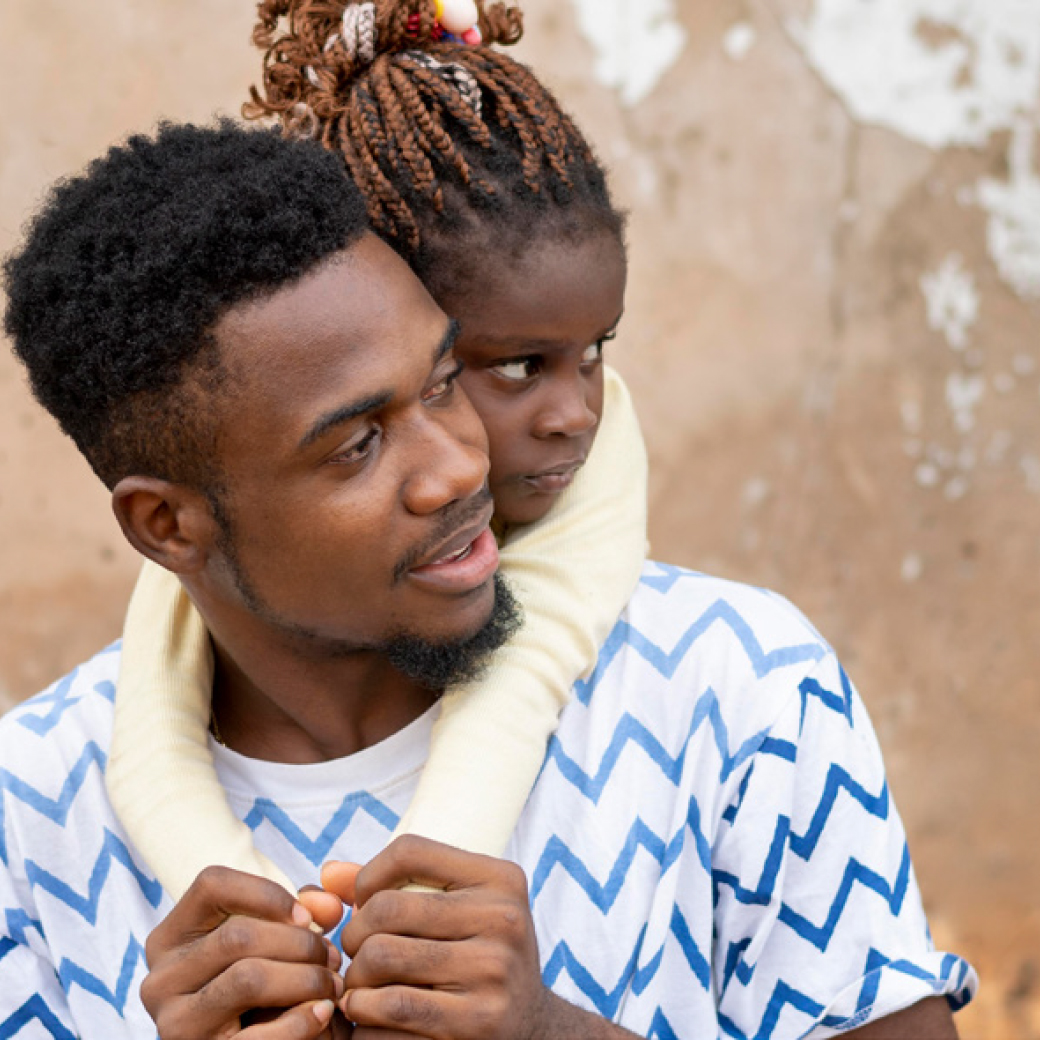Honouring Children Towards a Theological Anthropology of Children Informed by a Relational View of the Trinity
Main Article Content
Abstract
The views held about the humanity of children influence faith praxis with regard to children. Recognizing the full humanity of children will help pose questions that will lead to critical reflections on theories and practices that
underpin the lived realities of neglect, abuse and violence against children. It is said that a faulty anthropology produces a faulty theology, and a faulty theology produces a skewed anthropology. It is argued that views of children that harm them in daily life could be connected with views of God
as authoritative, hierarchal, powerful and strong, a God who punishes and disciplines. There is, therefore, the need to explicate a Christian view of
children that honours the dignity and humanity of children and could result in faith practices that are liberating. The Trinity could serve as a framework for a theological anthropology of children. The paper explores insights from key scholars such as Miroslav Volf (1998), Jürgen Moltmann (1991) and Catherine LaCugna (1991) on a relational view of the Trinity to glean resources that could influence a theological understanding of the personhood of children: resources which recognise the full humanity of children and honour their dignity, and interdependence as well as mutuality in faith communities and society. The paper posits that a relational view of the Trinity could provide a sounder foundation for a deeply relational and non-hierarchical Christian view of children that are
honouring, and therefore, promotes faith praxis that is liberating and encourages flourishing.
Article Metrics Graph
Metrics
Article Details

This work is licensed under a Creative Commons Attribution-NonCommercial 4.0 International License.


 https://orcid.org/0000-0002-9606-6607
https://orcid.org/0000-0002-9606-6607